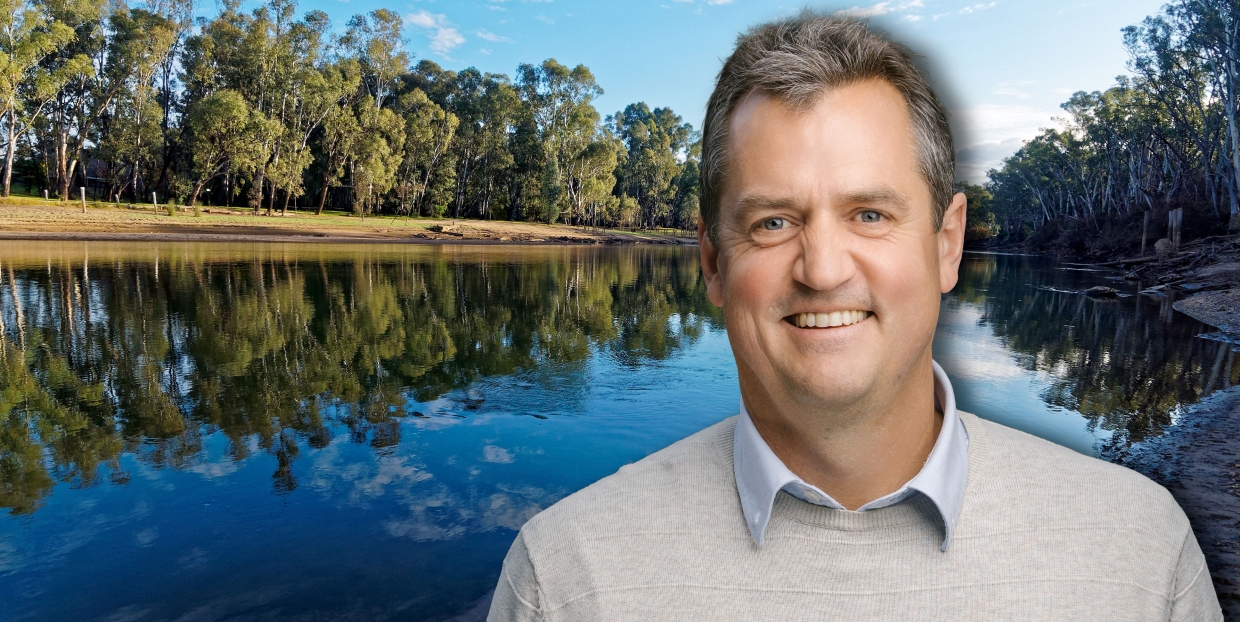What Basin-wide research reveals about fairness in water policy

New research commissioned by Watertrust Australia has provided new insights into how Australians think about fairness in water policy. The preliminary findings highlight not just what people believe, but why those beliefs differ and where common ground might be found.
Conducted across the Murray–Darling Basin, the study engaged more than 3,000 participants, exploring how different groups define fairness, what they value, and how these views shape their responses to water policy.
The preliminary findings highlight that fairness is not a fixed idea. People’s sense of what is fair is shaped by how they see the world and what they believe matters most.
For some, fairness means equal treatment and local control. For others, it centres on recognising past disadvantage or ensuring the environment is protected for future generations.
These differences are not simply the result of demographic variation or stakeholder positions; they reflect deeper patterns in how people interpret the role of government, and what they see as just.
One of the most significant findings is that people’s views on fairness are grounded in values rather than narrow self-interest. This helps explain why even policies designed with equity or efficiency in mind may still struggle to gain public acceptance.
The same decision can be seen as entirely fair by one group and deeply unfair by another, depending on how it aligns with their underlying beliefs about fairness and the role of government. As a result, successful policy development must engage specifically with those underlying values, not just with stakeholder interests or technical considerations.
Despite the diversity of views, the research identified several areas of alignment; with many participants sharing a commitment to protecting the environment and acting with future generations in mind.
These shared values present opportunities to build legitimacy and support for reform, even in contested policy areas. They also offer a basis for creating engagement strategies that bring diverse groups together around shared objectives.
The research also found that many Australians are open to change, particularly when it is approached in a considered and inclusive way. While views vary on how much reform is needed, most participants supported improving current water policies and governance arrangements rather than maintaining the status quo.
Participants consistently preferred decisions that reflected local insight and clearly explained how the wider community would benefit. The preliminary findings suggest that reforms are more likely to succeed when they are seen to reflect the values and priorities of the communities they affect.
These insights are informing the next phase of Watertrust Australia’s Fairness Initiative, which aims to equip decision-makers with practical guidance that enables them to check whether their plans reflect community values and to better understand how different groups might respond.
Ultimately, the research reinforces the view that fairness is not simply a desirable outcome of good water policy. It is a necessary condition for building trust and securing legitimacy, as well as achieving sustainable reform in complex and contested environments.
Want to know more? Call Kane: 0458 976 999
Read our newsletter here or join our mailing list now to stay up to date with the latest news from Watertrust Australia.
These shared values present opportunities to build legitimacy and support for reform, even in contested policy areas.